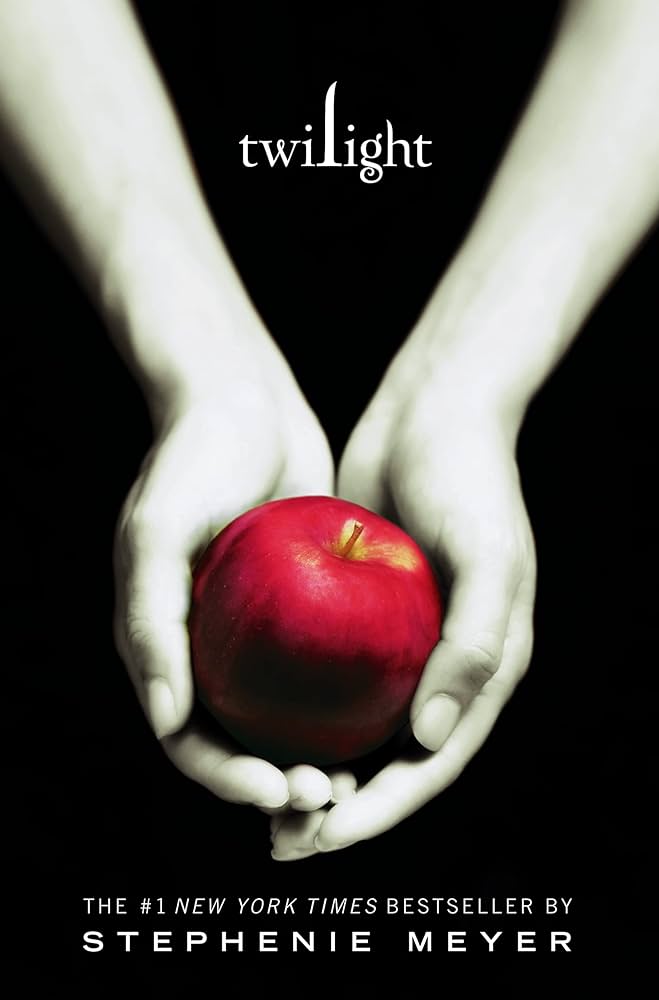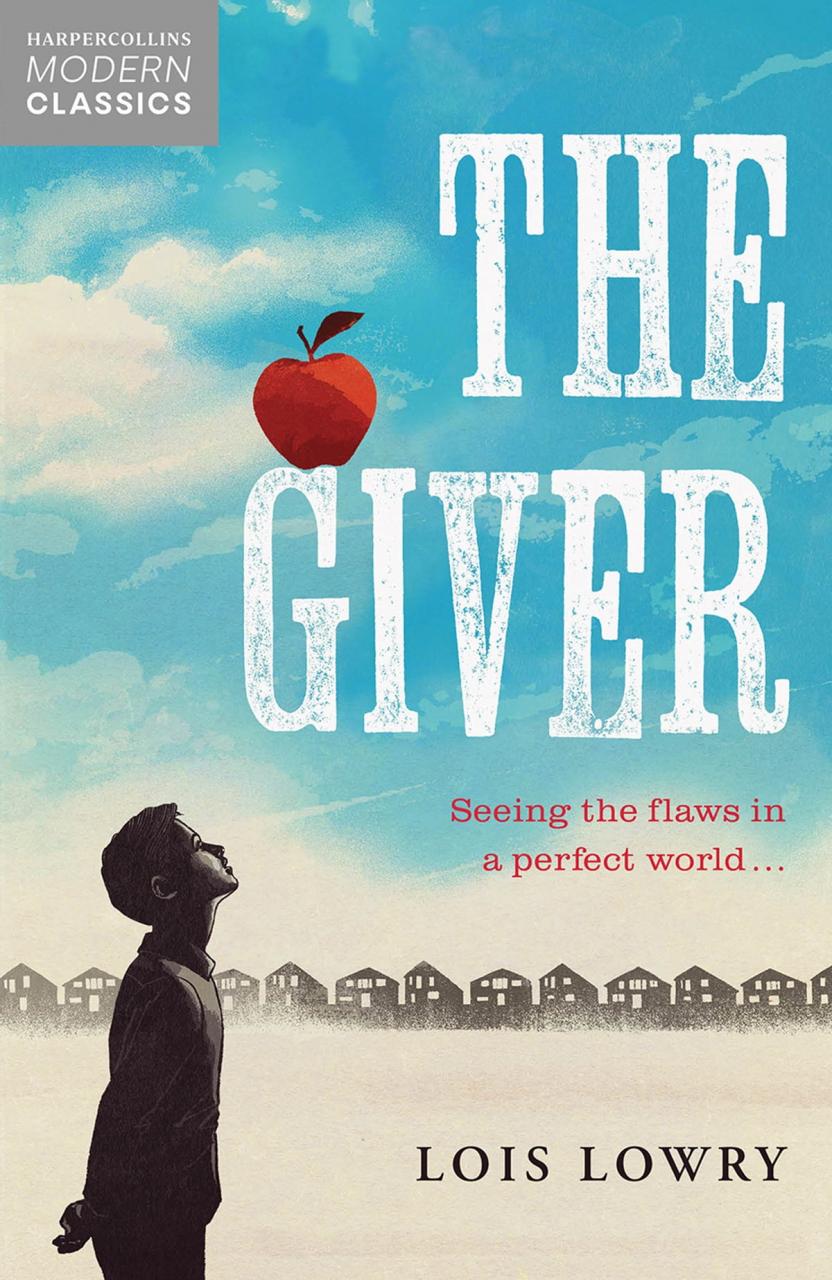 Introduction:
Introduction:
Entering the world of “The Perks of Being a Wallflower” by Stephen Chbosky is akin to revisiting the tumultuous landscape of adolescence, where love, friendship, and self-discovery intertwine in the most unexpected of ways. As I immersed myself in the pages of this poignant novel, I found myself captivated by its raw honesty, its heartfelt exploration of the human experience, and its timeless relevance to readers of all ages.
Character Analysis:
At the heart of “The Perks of Being a Wallflower” lies the story of Charlie, a sensitive and introspective teenager grappling with the complexities of growing up, navigating high school, and finding his place in the world. Through Chbosky’s intimate narrative style, Charlie emerges as a compelling and relatable protagonist, whose journey of self-discovery mirrors the universal struggles of adolescence. From his poignant observations of life’s joys and sorrows to his heartfelt relationships with his friends and family, Charlie’s story is a poignant reminder of the power of empathy, connection, and self-acceptance in the face of adversity.
Exploration of Themes:
One of the novel’s central themes is the quest for identity and belonging, as Charlie and his friends navigate the challenges of adolescence and search for meaning in a world filled with uncertainty and change. Chbosky deftly explores this theme through the lens of friendship, love, and loss, inviting readers to confront their own fears and insecurities about growing up and finding their place in the world. Through Charlie’s experiences, the novel offers a poignant meditation on the transformative power of friendship, the complexities of love, and the importance of embracing one’s true self, even in the face of societal expectations and peer pressure.
Narrative Style:
Chbosky’s narrative style is both intimate and evocative, drawing readers into the inner world of his characters with its rich descriptions, heartfelt observations, and poignant reflections. Through Charlie’s candid and introspective voice, he captures the raw emotion and vulnerability of adolescence, while also imbuing the story with wit, humor, and charm. With its authentic portrayal of teenage life, its poignant exploration of universal themes, and its timeless relevance to readers of all ages, “The Perks of Being a Wallflower” is a novel that resonates long after the final page is turned, leaving readers with a profound appreciation for the joys and sorrows of growing up.
Conclusion:
In conclusion, “The Perks of Being a Wallflower” is a timeless coming-of-age story that celebrates the beauty and complexity of the human experience. Through its richly drawn characters, evocative prose, and poignant themes, Stephen Chbosky’s novel stands as a testament to the enduring power of friendship, love, and self-discovery. As I closed the final pages of “The Perks of Being a Wallflower,” I found myself deeply moved by its honest portrayal of adolescence, its heartfelt exploration of the human condition, and its enduring message of hope, resilience, and the transformative power of love.




